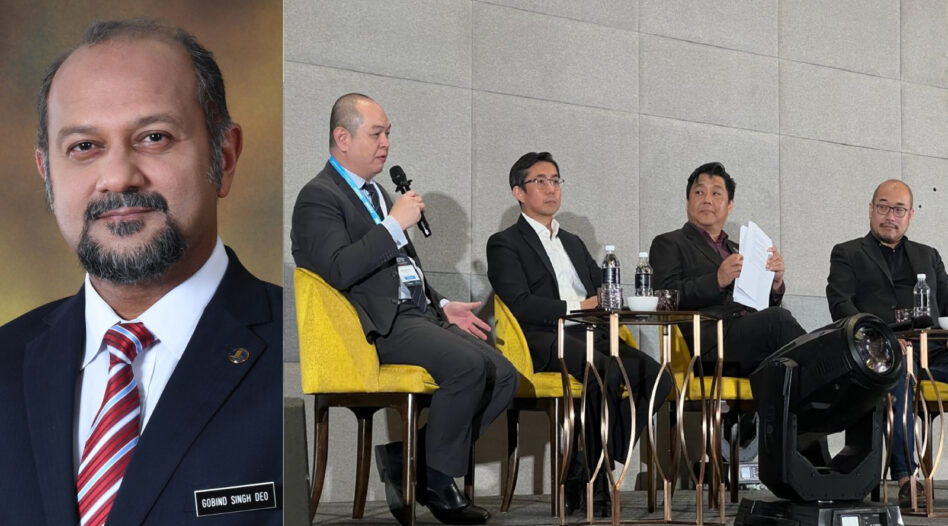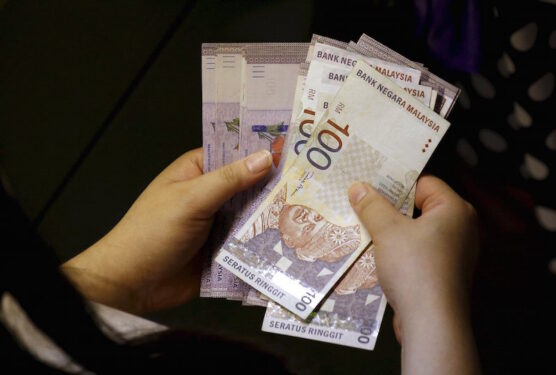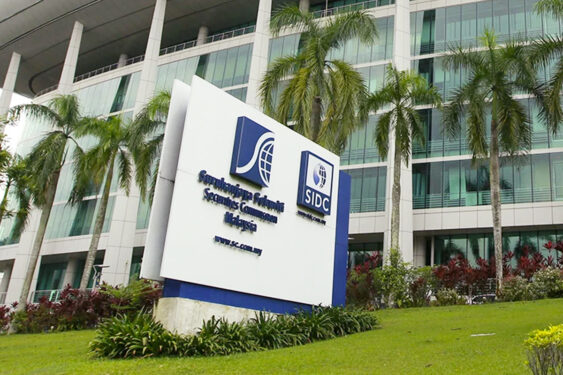IN the previous article, we spoke about the two major groups fighting over supremacy in Afghanistan after the departure of US troops in August.
Now, we will talk about the other smaller yet also powerful organisations which are also eyeing for leadership roles in the country.
The Haqqani Network
Making things worse, parts of the Haqqani Network, which has been assimilated into the Taliban, are said to have collaborated with ISIS-K.
The Haqqani Network is named after the group’s head, Jalaluddin Haqqani, who first battled the Soviet Army in Afghanistan while living in sanctuary in North Waziristan.
With four members of the Haqqani Network are designated as Cabinet members, the Haqqani Network has emerged as the most powerful group in the new Taliban Government.
They are Interior Minister Sirajuddin Haqqani, Refugee Minister Khalil-Ur-Rehman Haqqani, Communication Minister Najibullah Haqqani, and Sheikh Abdul Baqi Haqqani (Higher Education Minister).
The former is the most notorious of the four. He has been a UN-designated global terrorist since 2007, and the Federal Bureau of Investigation (FBI) has a US$10 mil bounty for information leading to his apprehension.
According to UN Security Council Resolution S/2021/486, the Taliban’s most combat-ready forces are the Haqqani Network, which has highly skilled militants who specialise in intricate operations and provide technical skills such as improvised explosive devices (IED) and rocket manufacturing.
The Haqqani Network is the principal link between the Taliban and Al-Qaeda, serving as a hub for outreach and coordination with regional international terrorist groups.
As a result of their intimate collaboration with this network, the Taliban is caught between a rock and a hard place, where a single mistake may spell the end of their reign in Afghanistan.
As has been documented about this network, they will eliminate anyone who is a threat to their beliefs, whether women or children, in the name of their ideology.
The East Turkistan Islamic Movement (ETIM)
The East Turkistan Islamic Movement (ETIM) was delisted from the US terrorist list in November.
This makes it more difficult for China to depict its Xinjiang campaign as a counter-terrorism strategy.
The ETIM, also known as the East Turkistan Islamic Party (ETIP), was created in Pakistan in 1997 by Hasan Mahsum, a 33-year-old Uighur religious leader who was living there in exile at the time.
Before being murdered by a Pakistani army drone in October 2003, the leader reportedly led a few dozen Uighur terrorists in the Afghanistan-Pakistan border region.
In September 2002, the US classified the group, accusing it of terrorist acts in China, including arson, assassination, and bombings of buses, movie theatres, department stores, marketplaces and hotels. The UN followed suit.
The ETIM, according to the start.umd.edu website, is located in China’s Xinjiang province, which is predominantly populated by Uighurs, who are ethnically Turkic and practice Sufi Islam.
ETIM wants to establish “East Turkestan” by separating the Uighur people from China, an ethnically and religiously distinct community.
Xinjiang province has been temporarily independent twice in history, claiming the name “East Turkistan Republic” both times (1931-1934 and 1944-1949). In 1955, the Chinese Government recaptured the area.
The unrest in Xinjiang has not subsided.
In 1998, ETIM launched its first attack. According to the Chinese Government, the group has continued to carry out small-scale violent acts with the assistance of Al-Qaeda and Taliban.
According to rferl.org, the Taliban evacuated Uighur insurgents from a region near Afghanistan’s bottleneck border with China earlier this month. The Turkestan Islamic Party (TIP), which is another name for EITM, is thought to be among the Uighur fighters who have been transferred inside Afghanistan.
The Taliban’s decision is a significant step forward in their relationship with Beijing, as it is the first time the militants have taken action on the ground to allay Chinese security concerns since seizing power in Afghanistan in August.
With the US delisting EITM as a terrorist organisation, the group can now regroup in Afghanistan and utilise it as a base for terrorist strikes in Xinjiang and elsewhere.
Historically, the Taliban have been supportive of EITM’s cause. Even if the recent equilibrium appears to be in China’s favour, the big question is how long it will last!
Tehrik-i-Taliban Pakistan
According to the UK Royal United Services Institute, the Tehrik-i-Taliban Pakistan (TTP) has been Pakistan’s largest and most active armed opposition group since its founding in 2007.
It was created by many small groups operating in Pakistan’s tribal areas and, to a lesser extent, in the North-West Frontier Province (NWFP), and its membership has always been virtually solely Pashtun.
The TTP has a history of committing acts of heinous acts, particularly against civilians.
The TTP carried out 26 attacks in July alone. Multiple causes have contributed to the comeback, one of which is the growing conflict between the Pashtun population of the old tribal territories and the NWFP and the central government.
Surprisingly, the TTP has recently relocated most of its fighters from eastern Afghanistan, where they had been based for several years, to the southeast, where they are now sheltered by the Haqqani Network.
The Haqqani Network, which the US has long regarded as a separate insurgent organisation, is a part of the Afghan Taliban but maintains a significant level of autonomy.
It is also recognised for being on the extreme right of the Taliban’s ideological spectrum. The existence of the TTP in the southeast reveals something about Pakistani-Haqqani and Pakistani-Taliban ties.
Not only has the TTP transferred the majority of its armed force to the southeast, but it has also abandoned its previous neutrality in the Afghan conflict and joined the Taliban in strikes against the past Afghan Government forces.
This was true not only in the southeast, but also in eastern Afghanistan, where the TTP was instrumental in the conquest of the Ghaziabad region in July.
The Taliban’s rise to power in Afghanistan might turn them into a formidable lobby for a settlement of the TTP conflict in Pakistan, similar to what the TTP demanded last year, namely, some kind of Sharia-based autonomy for the former tribal areas.
Even though the Taliban and the TTP operate in separate places, their ideologies are the same.
During the advent of the Taliban in Afghanistan, there is proof of their collaboration.
Their cooperation, in my opinion, would not only cause problems for Pakistan, but will also have a cascading effect on other countries such as China.
Conclusion
Emerging terrorist groups such as ISIS-K, EITM, and TTP, as well as resurgent old actors such as Al-Qaeda and ISIS, will reenergise other terrorist organizations around the world.
In nutshell, Pakistan, Russia, Iran and China going to face continues attacks from these terrorist groups operating in Afghanistan.
The West cannot say that this is no longer their problem and that it has been passed on to China, Russia, and Pakistan.
The Jihadi-Salafists intend to maintain their ideology and are willing to die for it. They have little concern for women and children, who are among the most vulnerable members of society.
Terrorism is a global challenge and the world must unite to combat the crimes perpetrated by these terrorists.
These terrorist groups use religion as a cloak to legitimise their actions, thus Organisation of Islamic Cooperation (OIC) members like Saudi Arabia must take a firm stance against them and designate them deviant organisations.
Furthermore, through the OIC, they may aid nations such as Afghanistan and Somalia in stabilising their economies by offering financial and military assistance.
Members of the OIC can also play a significant role by providing asylum to persons fleeing crisis zones such as Somalia, Yemen and Afghanistan. – Oct 25, 2021.
R Paneir Selvam is a senior lecturer at the Faculty of Business, Economic and Accounting/Institute of Crime and Criminology, HELP University.
The views expressed are solely of the author and do not necessarily reflect those of Focus Malaysia.










